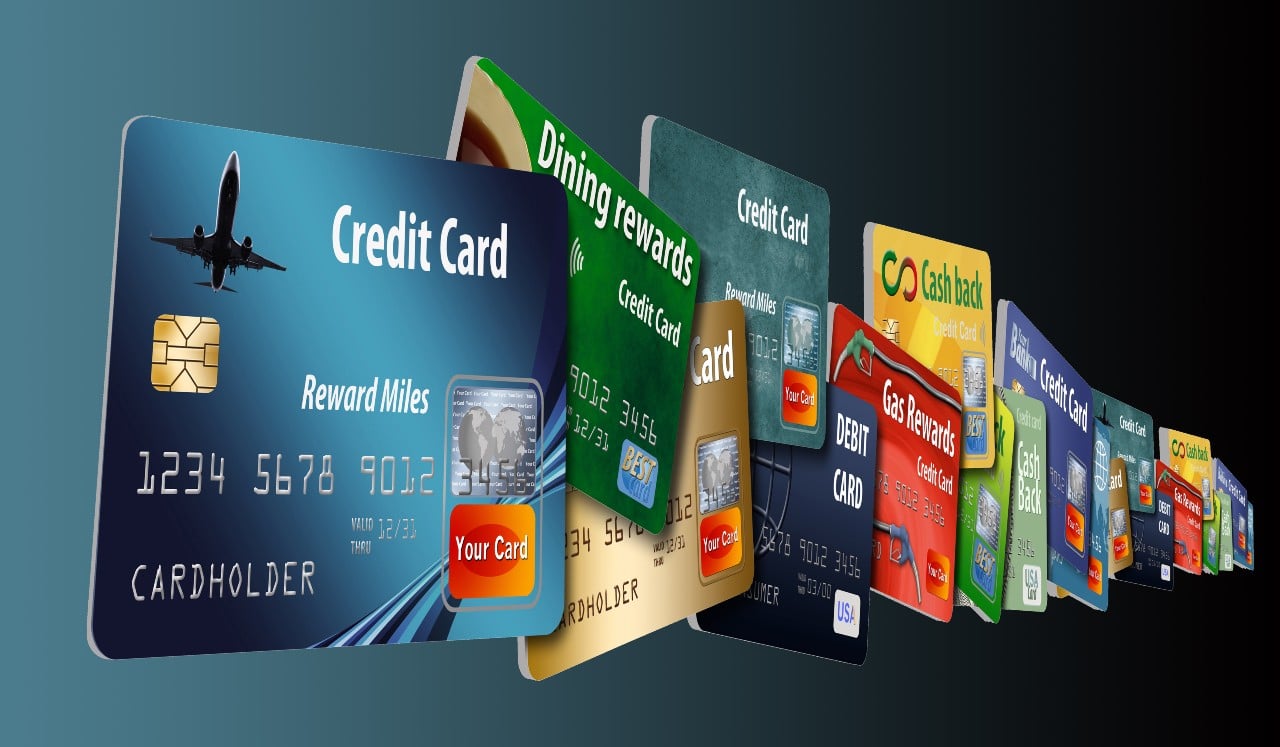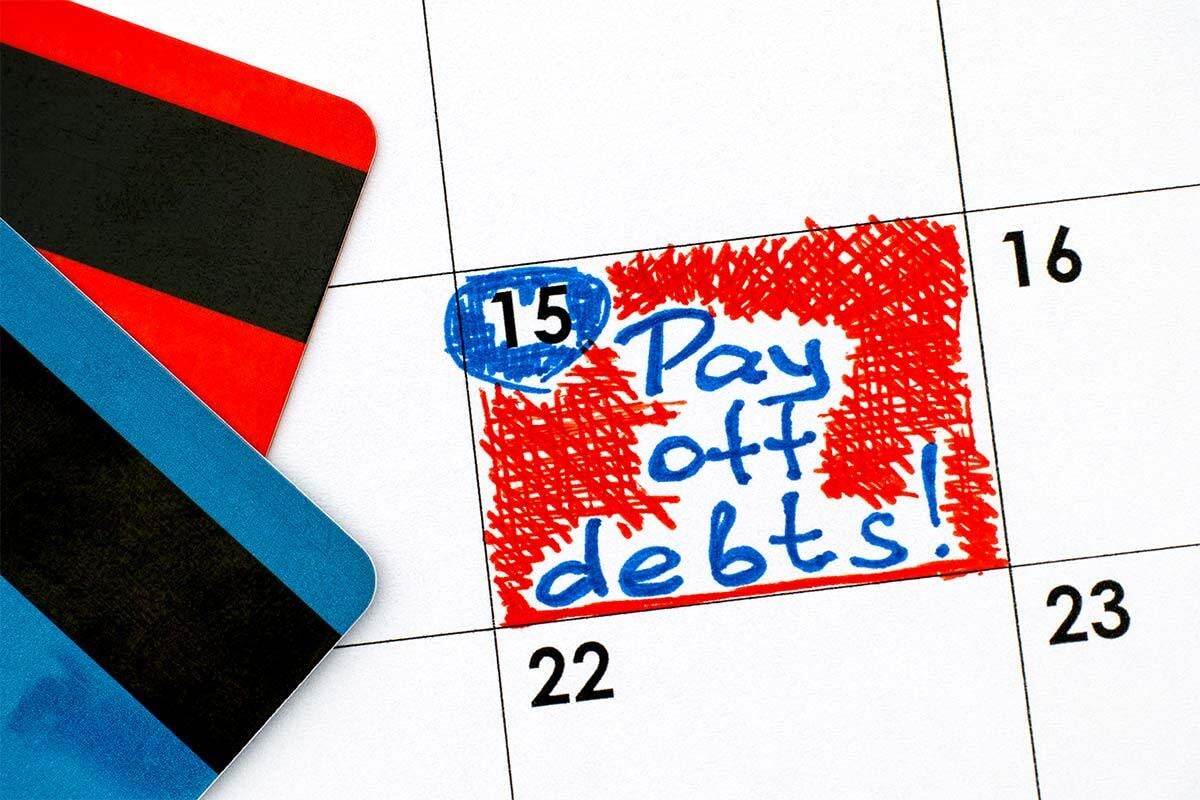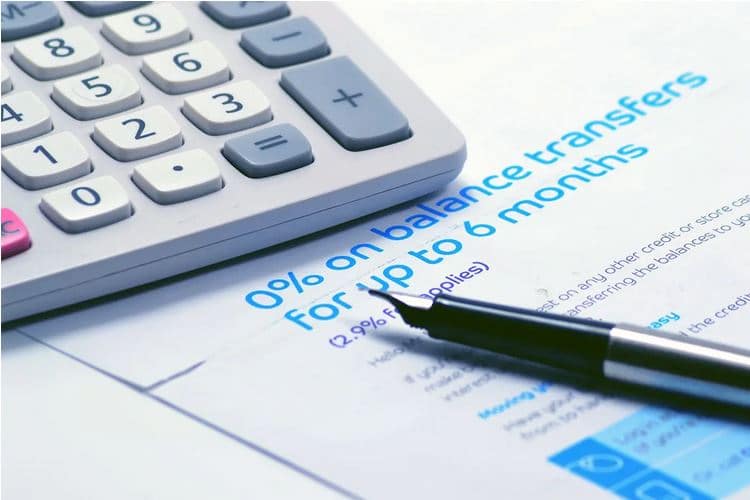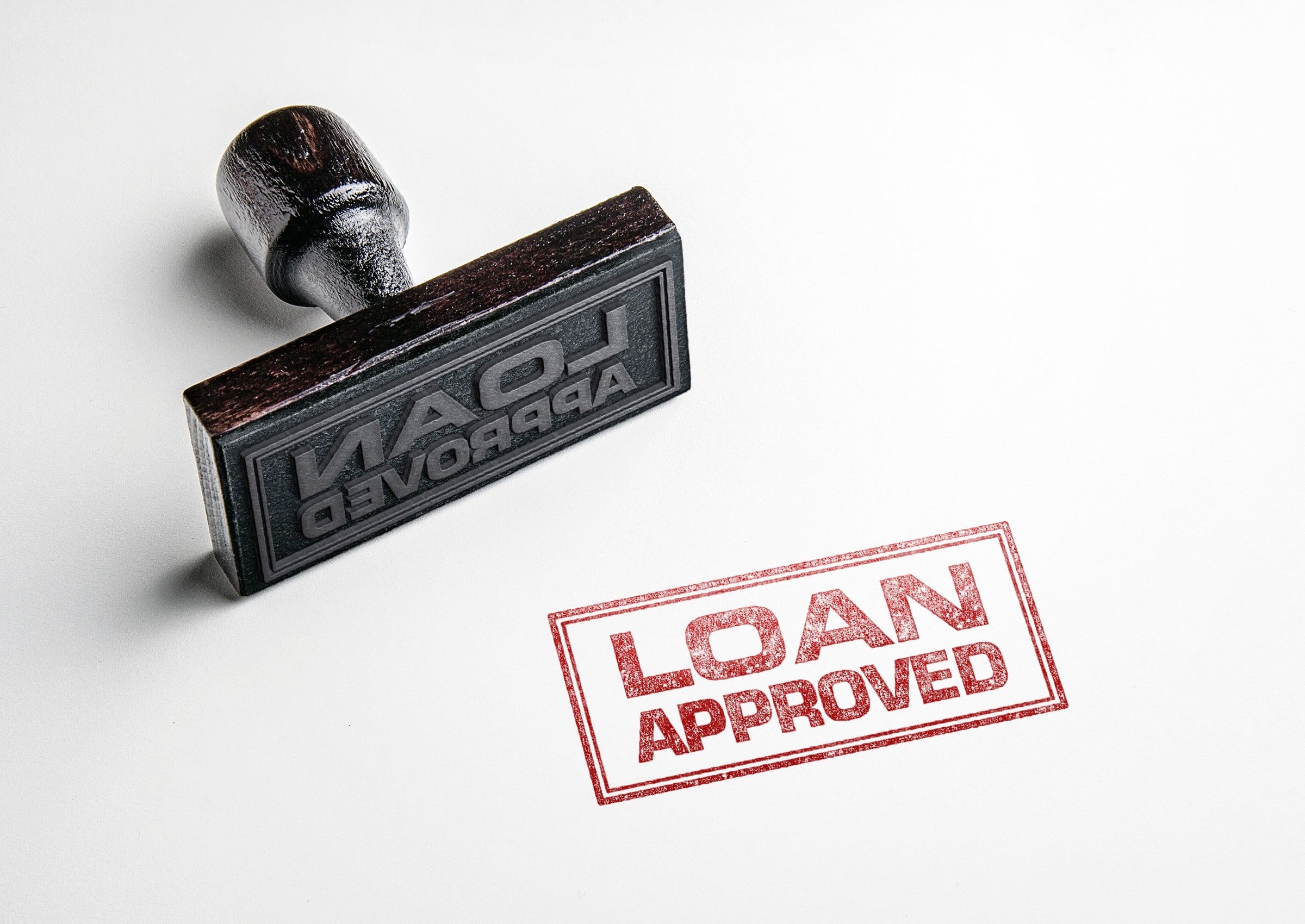There are plenty of options when it comes to credit card offers. Are you looking for a rewards program? Something to get you airport lounge access? Low annual fees or a welcome bonus?
Before you hop on your mobile device and apply online, we’ve put together some tips to help you pick the best credit card.
Why choosing the right card is important
Choosing the right credit card is essential because it can help:
- Save on interest charges
- Earn rewards
- Build or improve your credit score
Before applying for a bank credit card, you should consider your income and spending habits. By carefully deciding which card to go for you can maximize the benefits, such as rewards, while also minimizing the cost. The number one tip is to pay off your balance in full and on time. Doing so will always allow you to reap the greatest benefits and lowest cost. At the very least, pay your minimum payment on time to avoid credit card debt.
What’s your credit score?
The first thing you need to do is check your credit score. Most rewards credit cards require your credit to be in good standing.
You can check your credit online for free using TransUnion or Equifax. If it isn’t as good as you hoped, there are plenty of ways to improve your credit. Start by checking out your credit report for errors. You can also consider getting a credit builder loan, a credit builder card, or even becoming an authorized user.
What is the main use of this card?
The best card for you depends on your goals. Here are some common goals and the types of cards that match:
- Building or improving credit. A secured credit card can help.
- Earning rewards. A rewards card would give you cash back or points.
- Financing a big purchase. A credit card with an intro 0% APR period can let you pay off your purchase without interest for a limited time.
- Saving on interest. A balance transfer credit card that offers an introductory 0% APR can help you pay credit card debt with no interest.
Compare interest rates
The interest rate affects how much you pay on your outstanding balance. A lower interest rate can save you a lot of money over time.
The interest rate may not matter if:
- You refrain from cash-like transactions that incur additional fees
- Avoid cash advances
- Pay your balance in full every month
Compare rewards and benefits
Many credit cards offer benefits like travel insurance or purchase insurance coverage. Some offer rewards for purchases, like travel rewards, points, or gift cards. Some cards even allow you to link to your Microsoft Rewards account or get you a priority pass for airport lounge access on your next trip. Consider where you shop or the companies you travel with, and see if they partner with your credit card company.
Compare fees
Some credit cards have an annual fee. This fee may offer extra rewards and benefits or a lower annual interest rate. Some have no credit card annual fee, with similar rewards and benefits. Before applying for a card with an annual fee, compare cards with and without annual fees.
Other fees you may pay include:
- cash advances
- over-the-limit fees
- missed payment fees
- inactive account fees
- insurance fees for credit card balance insurance
Take time to get the full picture of each of the top cards your considering by comparing all the costs associated with each. With all that info in mind, you’ll have a better idea of which one is best for your needs.
Specialized credit cards
Specialized credit cards may be suitable for you. Examples include:
- Student credit cards. They often have lower credit limits and offer benefits for students. Call your credit card company to see if you qualify.
- Retail credit cards. These cards let you earn rewards at a specific store. They may offer buy now, pay later plans with interest-free periods or discounts. However, these cards often have very high interest rates and fees. That being the case, it’s best to use them wisely.
- Prepaid travel card. You can load a travel card with money in your home currency and use it to spend or withdraw cash in another currency while travelling.
- Secured credit cards. A secured credit card is the kind of credit card that requires a security deposit. You give the deposit to the bank or company that issues the card. The deposit usually matches or exceeds your credit limit. The bank or company can then use your deposit to pay your debt if you miss your payments.
Other things to consider
Other considerations when deciding which credit card to apply for include:
Balance transfers
A balance transfer is when you move your debt from one credit card to another, usually with a lower or 0% interest rate for a limited time. A balance transfer can be better than applying for a new credit card if you want to save money on interest and pay off your debt faster.
There are some things to be aware of when it comes to balance transfers:
- You may have to pay a balance transfer fee.
- You may lose the promotional interest rate if you miss a payment, make a late payment, or exceed your limit.
- You risk paying more in the end if something happens and you can’t pay off the debt transferred before the promotional rate ends.
Credit limit increases
A credit limit increase might improve your credit score by decreasing your credit utilization ratio. Which is calculated as the percentage of your available credit currently in use. It can give you more purchasing power and flexibility for big expenses. Though not necessarily ideal, they can come in handy in the case of an emergency and help you avoid over-limit fees if you tend to exceed your current limit.
On the other hand, a credit limit increase may also tempt you to overspend and get into more debt. Make sure you carefully consider this option before applying for or accepting a credit limit increase.
Customer service
Compare customer service options of different credit cards before you apply. Customer service can help you with:
- Solving problems with your card or account, like adjusting your billing cycle or getting a copy of your credit card statement.
- Learning about your card features.
- Getting emergency help, like cash or card replacement while travelling.
Conclusion
There are many credit cards to choose from in Canada. Before applying for a credit card online, use comparison tools and read the terms carefully to find a card that fits your needs.
If you need more advice for dealing with credit card debt relief, we have experts ready to help. Contact us to get started today!










